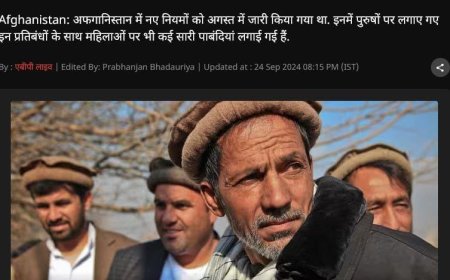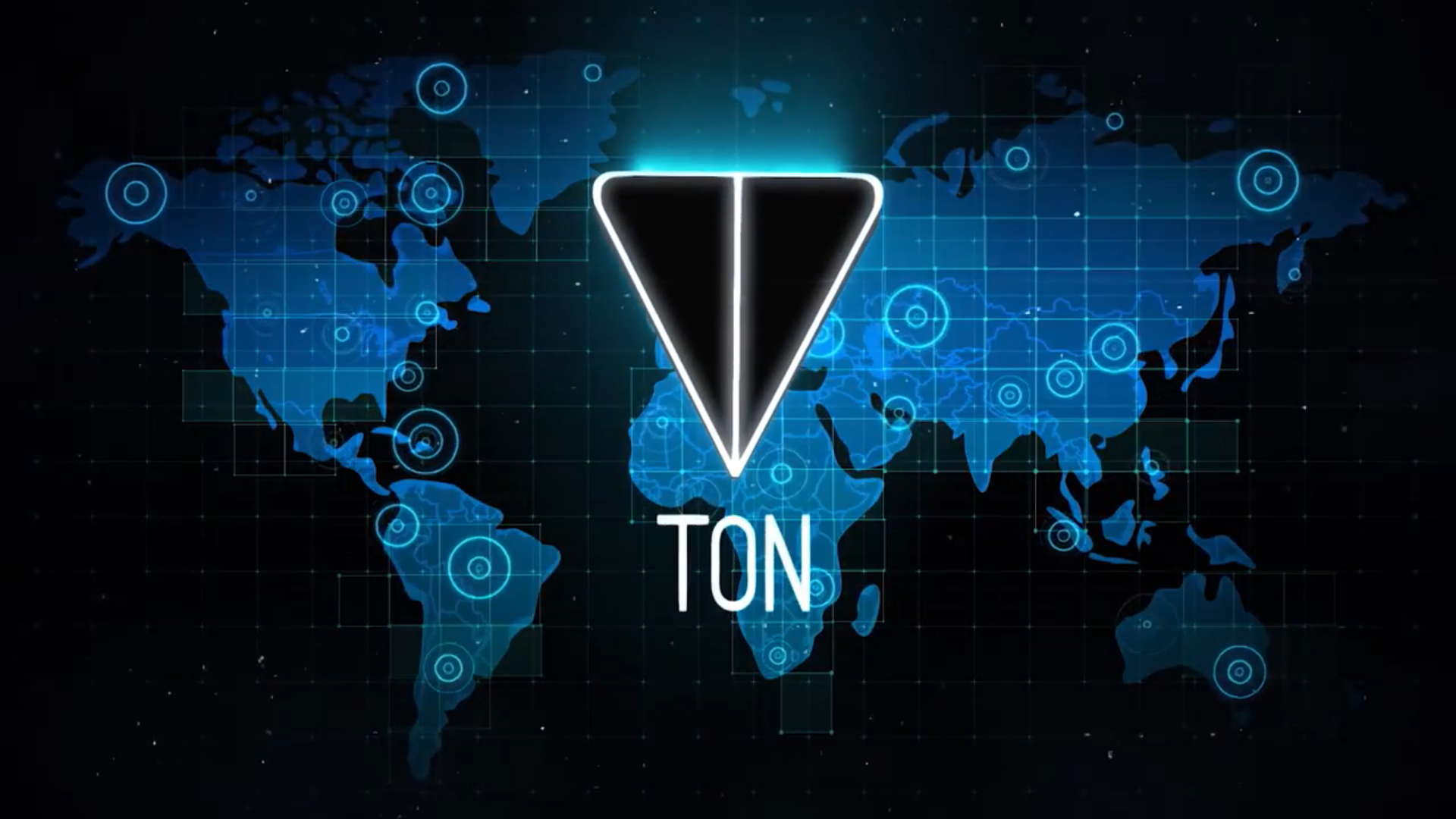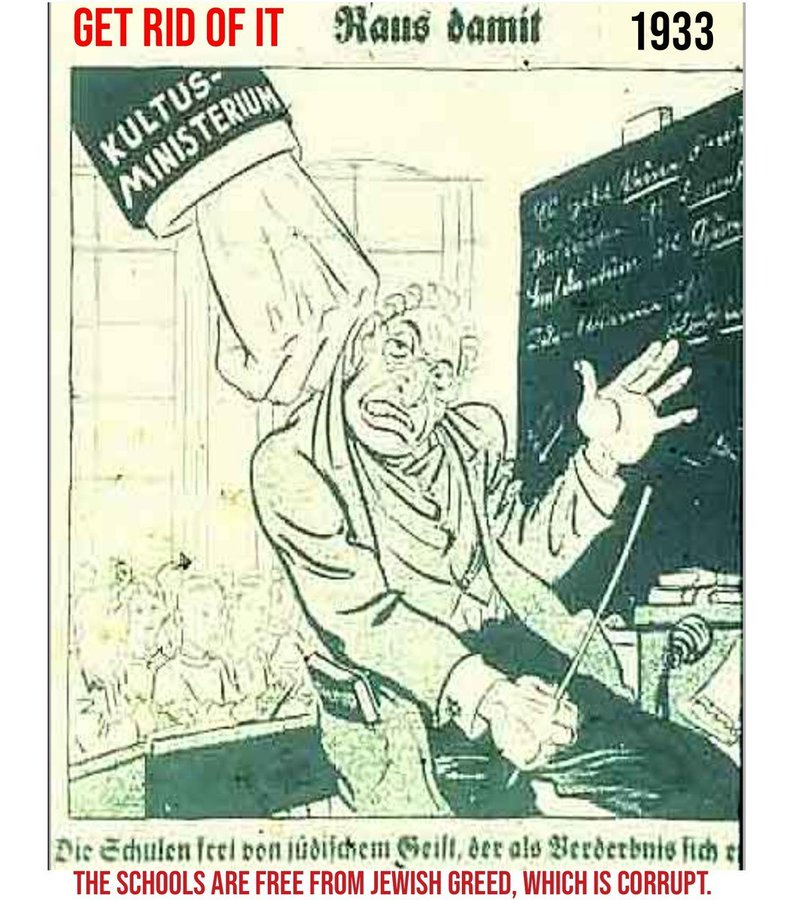Boycott as a Weapon: McDonald's Drops Diversity and Inclusion Goals
According to The Wall Street Journal, McDonald’s has canceled its previously established diversity and inclusion targets for employees and suppliers. The decision comes in response to a boycott and significant profit losses.

Why Did McDonald’s Change Its Policy?
-
Declining Profits:
- A boycott organized by certain groups led to a sharp drop in the company’s revenues.
- Under financial pressure, McDonald’s adjusted its priorities to reduce costs and stabilize its economic position.
-
Diversity and Inclusion Goals:
- McDonald’s initially implemented initiatives aimed at increasing minority representation among employees and suppliers.
- These measures were part of a broader effort to create a more inclusive corporate culture.
-
Response to the Boycott:
- Protesters accused McDonald’s of supporting certain social and political agendas that, in their view, divided society.
- In response, the company scaled back its commitments to these initiatives.
Public and Expert Reactions
-
Support for the Decision:
- Some view McDonald’s move as justified given the economic challenges.
- Critics of diversity and inclusion argue that businesses should avoid involvement in social and political issues.
-
Criticism of Abandoning Goals:
- Human rights organizations condemned the decision, calling it a step backward in social justice efforts.
- Dropping these goals may harm McDonald’s reputation among progressive audiences.
What’s Next?
-
Impact on Business:
- This decision may attract customers who oppose social agendas but risk alienating progressive consumers.
-
Signal to Other Companies:
- McDonald’s actions could set a precedent for other corporations facing similar boycotts.
Conclusion
McDonald’s decision to abandon its diversity and inclusion goals highlights the power of boycotts as a tool for public influence. It also underscores the challenge of balancing social initiatives with economic interests in the corporate world.
The editorial board is not responsible for the content and accuracy of material taken, sent or obtained from other sources. The publication of such materials is for informational purposes only and does not imply automatic endorsement or approval of their content.

























